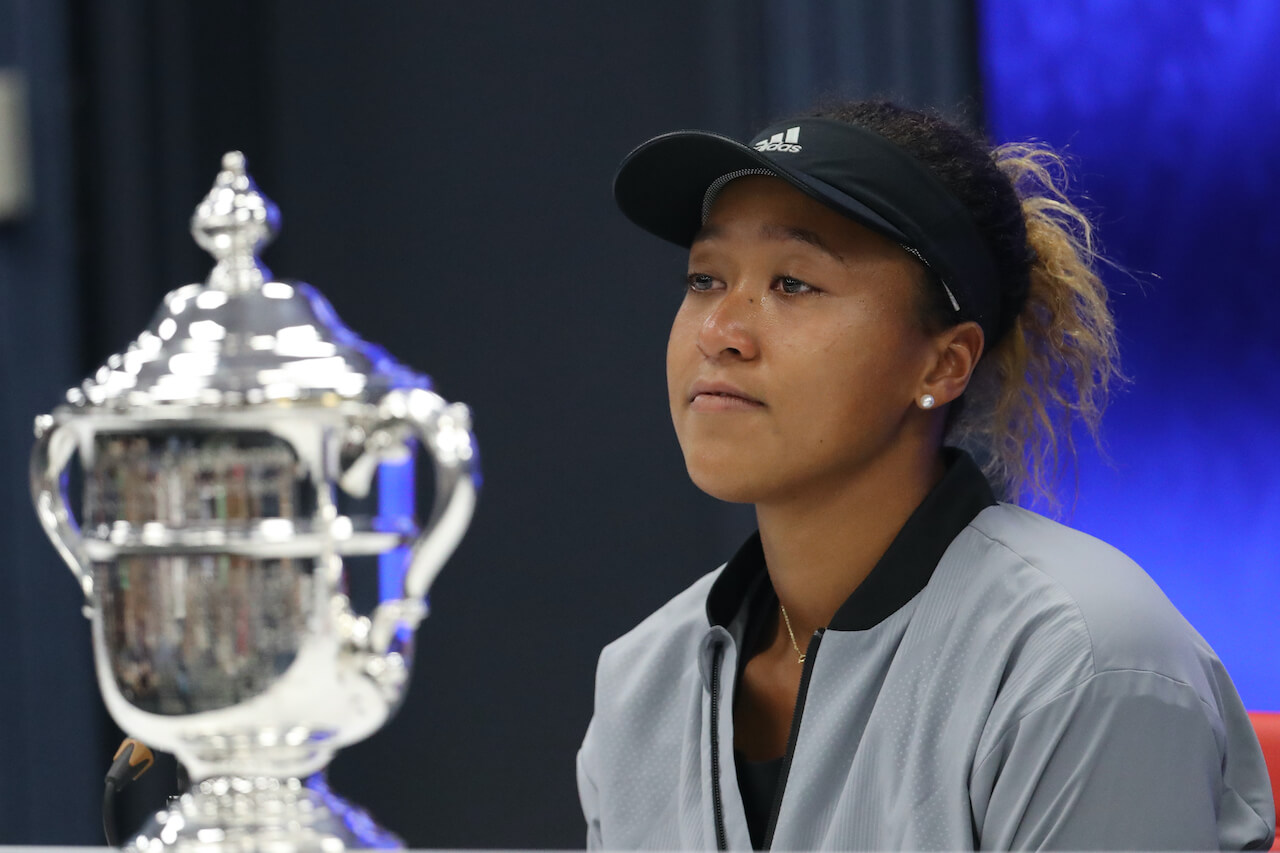
Tennis star, Naomi Osaka's recent remarks about her interactions with the media and dislike of media training have sparked lively public discussions on the relationship between elite sportspeople and the media.
The following statements certainly caught the attention of journalists and communication coaches all over the world.
"I've often felt that people have no regard for athletes' mental health and this rings very true whenever I see a press conference or partake in one. We're often sat there and asked questions that we've been asked multiple times before or asked questions that bring doubt into our minds and I'm just not going to subject myself to people that doubt me," Osaka wrote as she announced that she would not be doing any press at the French Open.
Tennis greats are divided on the issue. Some support her while others emphasise that talking to the press is part of the job.
Some media professionals have conceded that journalists' behaviour is sometimes condemnable. For instance, The Guardian's Jonathan Liew argued that the modern sporting press conference is no longer "a meaningful exchange" but rather "a cynical and often predatory game in which the object is to mine as much content from the subject as possible." Young athletes are "expected to answer the most intimate questions in the least intimate setting, in front of an array of strangers and backed by a piece of sponsored cardboard."
Among elite athletes, Osaka is clearly not alone in feeling a sense of frustration. In Germany recently, Cologne footballer Jonas Hector snapped at a TV reporter who, immediately after a serious defeat, asked him, "How empty do you feel right now?"
"Always these s*** questions!" Hector responded.
"Yes, sorry," said the reporter.
"That's just your job: to ask stupid questions," said Hector. "And you do it very well."
Surely, there are better ways for professional journalists to elicit newsworthy and insightful answers from athletes. But let's face it. Celebrities and spokespeople cannot control what questions are asked and how they are asked. All they can do is develop the necessary skills to manage them and decide how they want to respond.
Media training is designed to help. With the right training, Hector, Osaka and others like them could learn to deftly deal with all types of questions — respectful as well as rude ones.
Hector has learnt to put predatory questioners in their place. Sure, this could provoke journalists who are intent on walking away with a sensational news story to goad him further. However, continually stressing the point that one will not answer such "s*** questions", is likely to put an end to the cycle.
In similar situations, other techniques include simply saying something along the lines of, "Such leading questions are uncalled for. Why don't I just tell you how I'm feeling?"
Osaka has mentioned that she's introverted, "not a natural public speaker" and gets "huge waves of anxiety" before she speaks to the media. This, in fact, strengthens the case for media training. Good media coaches will be able to help you minimise and manage anxiety. Among my clients, those who are introverted and not natural public speakers recognise the need for media training more than anyone else which is why her declaration that she "never wanted media training" is concerning.
"I didn't want to change my personality to offer a canned response that didn't feel like me," she explained.
Media training is certainly not about changing one's personality and offering canned responses. It merely constitutes learning which authentic personality traits you should reveal to whom and when in order to achieve your communication objectives. In other words, always keep your core personality intact and tell the truth. Just be willing to switch registers for each audience in order to identify with them.
Most of us already do this in everyday interactions without losing sight of who we are. For instance, even though how we communicate with our children differs from how we communicate with our own parents, we're not likely to classify either interaction as inauthentic.
To maximise authenticity and efficacy, spokespeople should use their own words, not those of a spin doctor. Sure, PR specialists can finesse the message, but the key words should come directly from the speaker. Even in cases where the words have to be substituted to boost efficacy, the spokesperson should be deeply involved in the process. Being able to express the message in his or her own words will help the speaker bring it to life. Also, the more easily the message rolls off the spokesperson's tongue, the more believable it is.
If you're an introvert like Osaka, media training is not likely to magically transform you into an extrovert, but it would certainly equip you with the necessary skills to communicate effectively and manage expectations without losing your identity.
An even darker side of this issue is social media vitriol.
American tennis player, Sloane Stephens recently shared the personal burden of "exhausting" attacks.
"I am human," Stephens said on Instagram a day after being inundated by more than 2,000 "messages of abuse/anger" following her third-round US Open loss to Germany's Angelique Kerber.
"This type of hate is so exhausting and never-ending. This isn't talked about enough, but it freaking sucks," she added.
One of the abusive messages read: "I promise to find you and destroy your leg so hard that you can't walk anymore @sloanestephens! … I hope you enjoyed your last moments on court today."
While such communication is condemnable, hoping for an end to hateful comments and questions from journalists and fans is as good as indulging in a fantasy peppered with unicorns and rainbows. However, good media training can certainly help you process negativity, thicken your skin, and even change the narrative to ignite public discourse about more vital related issues.
For instance, several athletes mentioned in this article have taken control of their stories by opening up conversations about performance, mental health and the impact of the media.
On this front, Osaka has succeeded. She has effectively changed the story from one of athletes being vilified for refusing to speak with the media, to one that calls on external stakeholders to be introspective and reflect on their own behaviour.
Elite athletes' mental health challenges can't be pinned solely on how the media treats them. They face numerous pressures from various stakeholders. While media training is not a panacea for all their anxieties, it could certainly help with at least one crucial aspect of the job.





